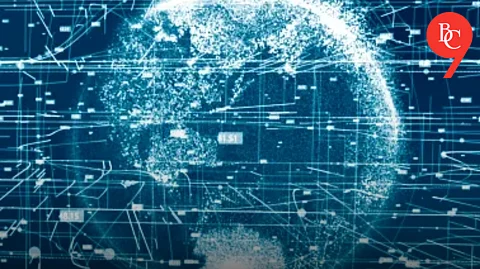

In 2025, the artificial intelligence landscape is defined not just by algorithms and breakthroughs, but by a high-stakes war for human talent. Nowhere is this more evident than in the escalating rivalry between Meta and OpenAI, two tech giants vying for dominance in the race to build the world’s most powerful AI systems.
Meta, led by CEO Mark Zuckerberg, has launched an unprecedented campaign to lure top AI researchers from OpenAI and other rivals. Reports confirm that Meta has offered eye-watering signing bonuses of up to $100 million to OpenAI employees willing to jump ship. The company’s new “superintelligence” team, headed by former Scale AI CEO Alexandr Wang, is at the heart of this recruitment blitz, with Zuckerberg himself personally reaching out to elite researchers.
This isn’t just about filling seats. The global pool of experts capable of building and scaling frontier AI models is vanishingly small—perhaps only a few hundred to a few thousand worldwide. As a result, compensation packages have soared to levels typically reserved for superstar athletes, with Meta and Google DeepMind both offering multi-million-dollar annual deals to secure the best minds.
OpenAI’s CEO, Sam Altman, has publicly acknowledged Meta’s aggressive tactics but claims they have largely failed to poach his top talent. “I’m really happy that, at least so far, none of our best people have decided to take them up on that,” Altman said, emphasizing that OpenAI’s mission-driven culture and the promise of achieving artificial general intelligence (AGI) are proving more attractive than even the most lucrative offers.
OpenAI has countered with its own retention strategies, including multi-million-dollar equity packages and bonuses for key researchers. Altman argues that OpenAI’s focus on innovation and long-term impact gives it an edge in attracting and keeping the world’s most ambitious AI minds.
The AI talent war is not just a corporate skirmish—it’s a global contest with far-reaching implications. The companies that control the best talent will shape the next generation of AI models, tools, and platforms, influencing everything from healthcare and education to national security and the future of work. As AI becomes more deeply embedded in society, the pressure to secure and retain the brightest minds intensifies.
Meta’s $15 billion investment in Scale AI and its relentless pursuit of top researchers underscore just how critical human capital has become in the AI arms race. Meanwhile, OpenAI’s growing reputation as a mission-first organization is helping it resist the pull of big money and maintain a cohesive, innovative culture.
Despite Meta’s deep pockets, it is facing a talent drain, with many AI experts choosing to join OpenAI or Anthropic, another rising star known for its unique, autonomy-driven culture. Industry data shows that companies offering genuine intellectual freedom and a clear sense of purpose are outperforming those relying solely on financial incentives.
